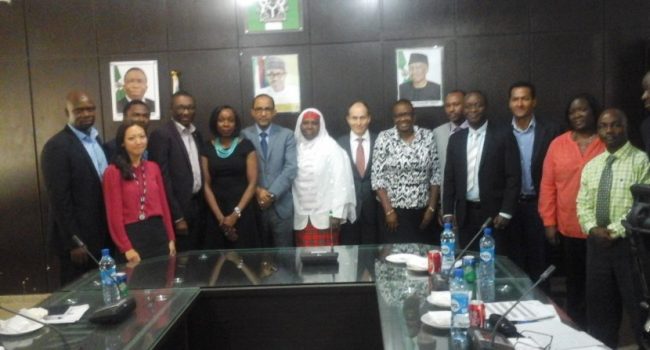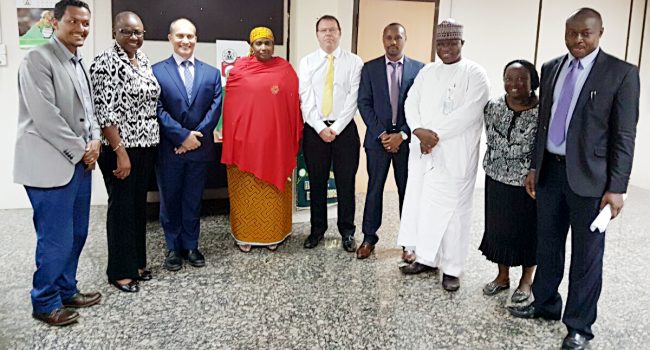About National Product Supply Chain Management Programme (NPSCMP)
VISION
Health product security for all Nigerians irrespective of class, creed, or physical location from the sources of distribution.
MISSION
To build and sustain in-country capacity for the delivery and use of health products in line with universal health coverage .
WHO WE ARE
We are the institution of Government of Nigeria with MANDATE to enhance the country capacity to build resilient, effective, and efficient health supply chain system in a sustainable manner.
- We accomplish this by striving to bridge the gap between system requirements for the contribution of supply chain to UHC and actual implementation on the ground.
- For this role we serve as the in-country resource for filling strategic gaps for the health supply system
WHAT WE DO
NPSCMP coordinates by provision of standards (policies, strategies, framework, tools, benchmark, language human resources, infrastructure, development of template etc) for supply chain and ensures that they are used appropriately by all stakeholders.
- Manage the vision of Nigeria’s health supply chain system and continuously advance its maturity.
- Provide standards of supply chain best practices and capacitate states and other implementers to adopt and use them.
- Ensure that processes in use meet standards while assuring that the services they support reach acceptable levels and in line with the health priorities of government.
- Ensure that the processes are pro-actively and continuously studied with the intent to enhance performance , prevent or decrease the chances of problems.
Why NPSCMP
Access to essential medicines is critical to achieving universal health coverage and is also recognized as a key building block of a strong health system. Medicines and health products are important for addressing health problems and improving quality of lives. They form an indispensable component of health systems in the prevention, diagnosis and treatment of disease and in alleviating disability and functional deficiency.
Critical stakeholders, not limited only to supply chain, have over the years recognized the need to improve the pharmaceutical and health product management practices in the country, noting that a number of challenges still hinder proper access to healthcare.
Some challenges include stock-outs of essential supplies that continue to be experienced in a number of health facilities even while expiries are noted in others, warehouses and distribution systems not meeting minimum standards, decreased visibility in reporting across disease areas, and lack of basic logistics management control/information systems. Additionally, multiple supply chains that are often not very well coordinated have tried to address the immediate needs for access to health care products, which while well-meaning have also created some challenges on the other hand. Inefficiencies due to poor coordination/ integration/ harmonization are evident, as is duplication of some supply chain activities.
Led by the Federal Government of Nigeria, a team of Nigerian supply chain experts, also including Principal Recipients of Global Fund, Donors and their implementers, and Private Sector has arrived at a consensus on a future direction and immediate priorities for change.



